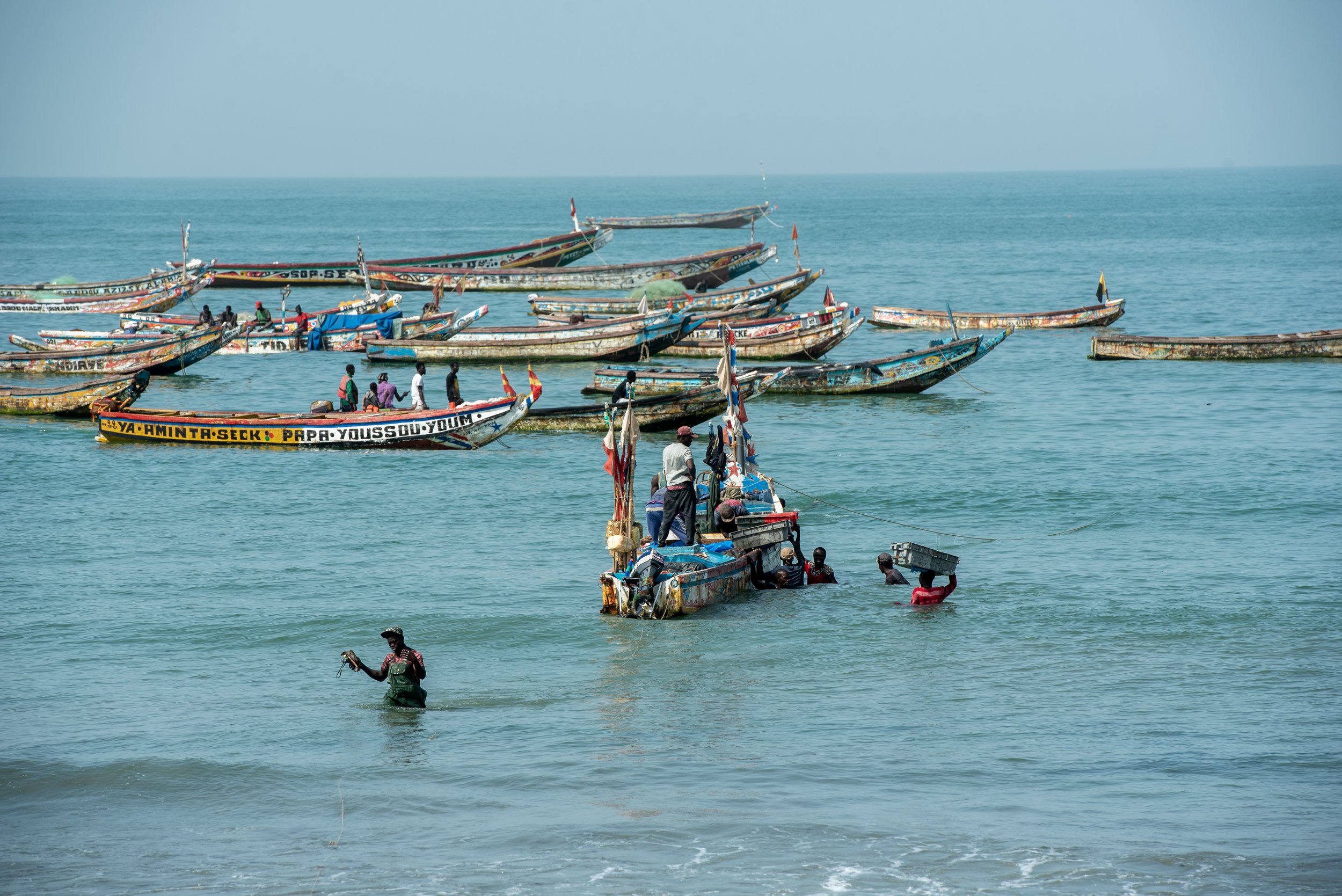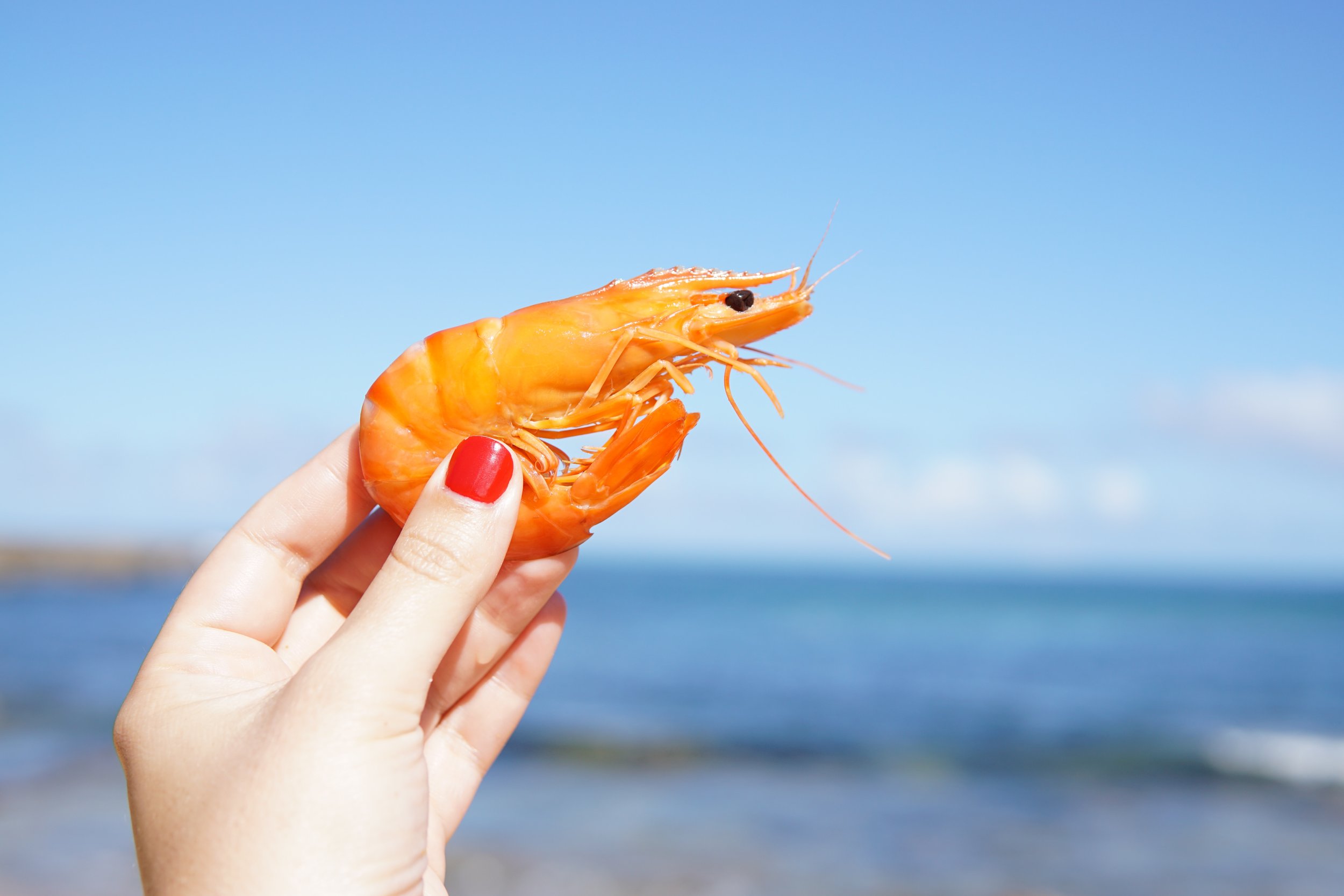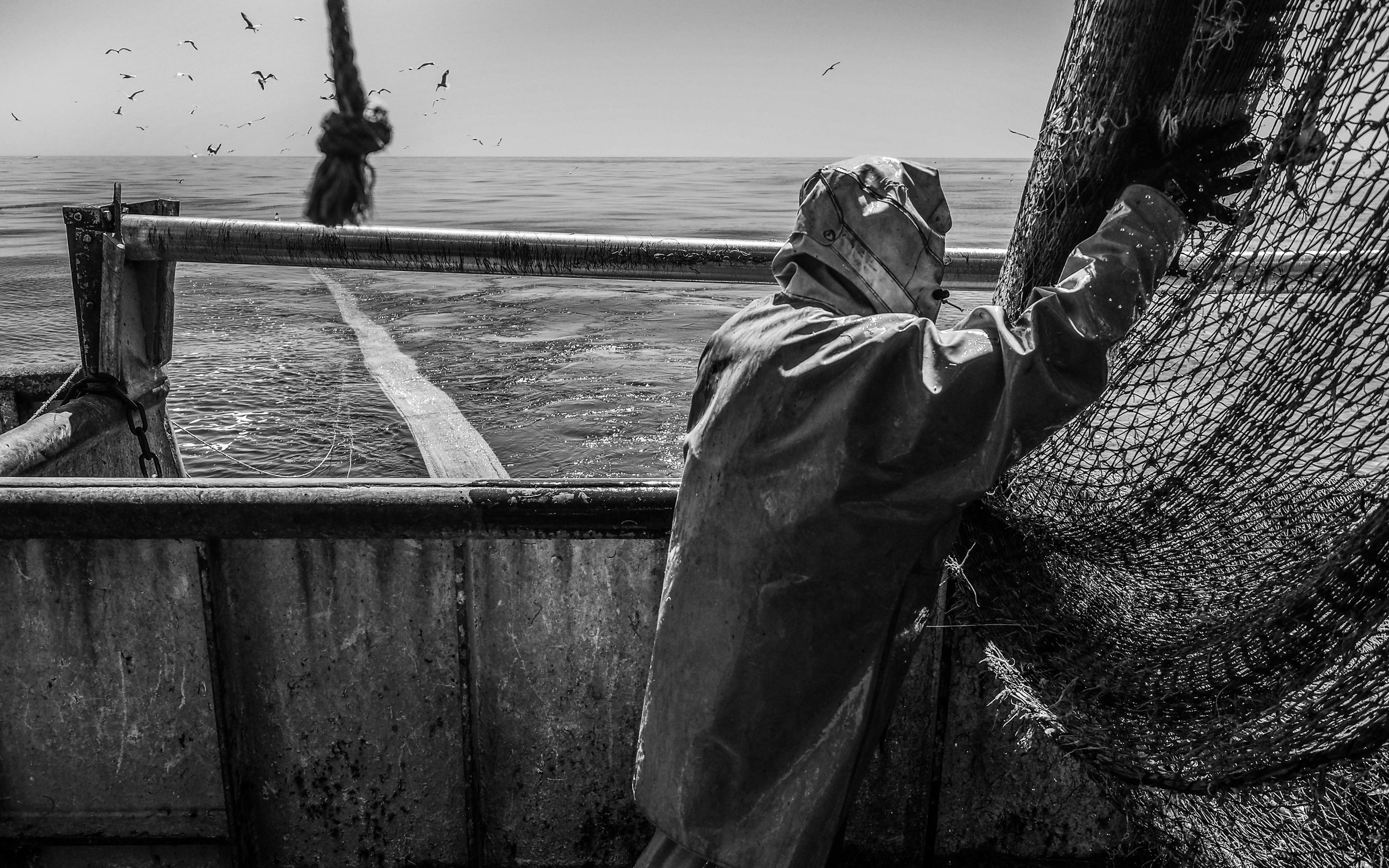This article analyses a series of studies jointly commissioned by CAOPA and CFFA on areas reserved to artisanal fisheries in several African countries. The author sheds light on common challenges for protecting small-scale fishers access and the pressing need for better developing co-management in coastal fisheries, and looks into how can the EU support protection of small-scale fishers’ access to resources.
Gabon’s Odious Debt-for-ocean Swap: The implications for ocean governance
This article covers TNC’s recent debt-for-ocean swap with Gabon, involving US$500 million worth of debt. In exchange, the Gabonese government has committed to protect up to 30% of the oceans. The author looks in detail at the deal (Part 1) and the conservation commitments (Part 2), explores the problems with this deal in terms of debt justice and of ocean governance, and develops its implications for coastal communities.
EU-Mauritania SFPA: scientists highlight key sustainability issues, do not consider coral reefs protection
The latest minutes of the meeting of the last Joint Scientific Committee (JSC) of the Sustainable Fisheries Partnership Agreement between the European Union and Mauritania reveal that there is still a long way to go to ensure that all EU fleets active in Mauritania fish sustainably, particularly as regards the control and limitation of by-catches and discards.
‘It takes two to tango’ – EU fishing partnerships agreements must become more attractive to partner countries
The Commission’s SFPA evaluation concludes that they are“fit for purpose” and identifies areas for improvement in the implementation of the governance framework. Most of these areas are under the responsibility of the partner country, which suggests that there is a lack of commitment from some partner countries to make these fishing agreements a success.
EU-Senegal fisheries partnership: transparency is essential at all levels
In a contribution sent to the European Commission, co-signed with 8 other civil society and environmental organisations, we highlight the most important points to be taken into account for the renewal of the protocol, to ensure that the fishing agreement has a positive impact for small-scale coastal fishing communities.
FAO Sub-Committee on Fish Trade: The role of women in fisheries must be better recognised
The EU must develop fisheries specific due diligence legislation
The Spanish presidency of the EU is seeking to finalise the negotiations for a corporate accountability directive before the end of December 2023, which would see European based companies take some degree of responsibility for what they do in third countries. We look at some key issues at stake for the third countries small scale fishers.
How can SFPAs improve working conditions for African crews on board distant water fishing vessels?
Transparency, protected and equitable access to resources: the stakes of the EU-Mauritius agreement for small-scale fisheries
The European Parliament is set to give its consent at the end of May to the new Sustainable Fisheries Partnership Agreement (SFPA) between the EU and Mauritius. This article outlines the challenges that Mauritian artisanal fisheries face and highlights the priorities for sectoral support in the future SFPA protocol to support this sector.
Potential negotiations in sight for an EU-Angola fisheries agreement: How would existing joint ventures be treated?
The European Commission has decided to assess the merits of concluding a Sustainable Fisheries Partnership Agreement (SFPA) with the Republic of Angola. For a dialogue on sustainable fisheries in Angola, the EU will need to address the issue of total fishing effort and the framework within which joint ventures operate, as well as revising the presence of European-owned vessels with a bad track record.
An ambitious High Seas Treaty must not come at the expense of coastal fishing communities
It is the last week of the 5th session of the Intergovernmental Conference on Marine Biodiversity of Areas Beyond National Jurisdiction (BBNJ) and there is an expectation that delegates will agree on a series of topics, including area-based management tools. However, Marine Protected Areas in areas beyond national jurisdiction without further measures to reduce capacity might instensify the fishing effort in EEZs, increasing competition with small-scale fisheries.
Don’t miss the woods for the tree: Beyond FADs, overcapacity in Indian Ocean tuna fisheries needs to be addressed
At the beginning of February, the Indian Ocean Tuna Commission (IOTC) Contracting Parties, meeting in Kenya, adopted Conservation and Management Measures on both anchored and drifting Fish Aggregating Devices (FADs). These measures were welcomed by many Indian Ocean nations that consider FADs one of the main reasons of tuna overfishing in the region. An article by Beatrice Gorez and Hélène Bours.
Will a "CFP tomorrow" support sustainable artisanal fisheries in Africa?
PRESS RELEASE: On 21 February, the Commission presented several measures to improve the sustainability of the EU fisheries and aquaculture sector. It includes four elements: Energy Transition, an Action Plan to protect and restore marine ecosystems, a Communication on the "common fisheries policy today and tomorrow and a Report on the Common Market Organisation for fishery and aquaculture products. How will these impact African small-scale fishing communities?
Intensive farming of carnivorous fish relying on West Africa fishmeal must be stopped
The FAO Guidelines for Sustainable Aquaculture can be improved by including the considerations of stakeholders that are currently facing the negative impacts of unsustainable aquaculture, and by openly addressing issues like the interactions with small scale fisheries, competing for coastal space and for access to resources like small pelagics in West Africa.
The UN trumpets the importance of small-scale fisheries, but keeps mum about the blue threats it faces
The new fishing agreement between Seychelles and Taiwan is now public. But will tuna fisheries sustainability improve as a result?
For several decades, The Seychelles’ access agreements with Taiwanese companies contained articles preventing the publication of content without prior written approval of the other party. In 2021, as part of the Fisheries Transparency Initiative process, The Seychelles Government announced it would endeavour to remove confidentiality clauses from their fishing agreement.
A year for artisanal fishers is not enough
2022, the International Year of Artisanal Fisheries and Aquaculture (IYAFA), has been a pivotal year for small-scale fisheries, meeting the UN’s goal of raising awareness about the role they play in employment, food security, nutrition, livelihoods, culture, and coastal communities well-being. Beyond recognition, there is an urgent need for concrete action in securing their access to marine resources and markets, as promised by States under Sustainable Development Goal 14.b.


















